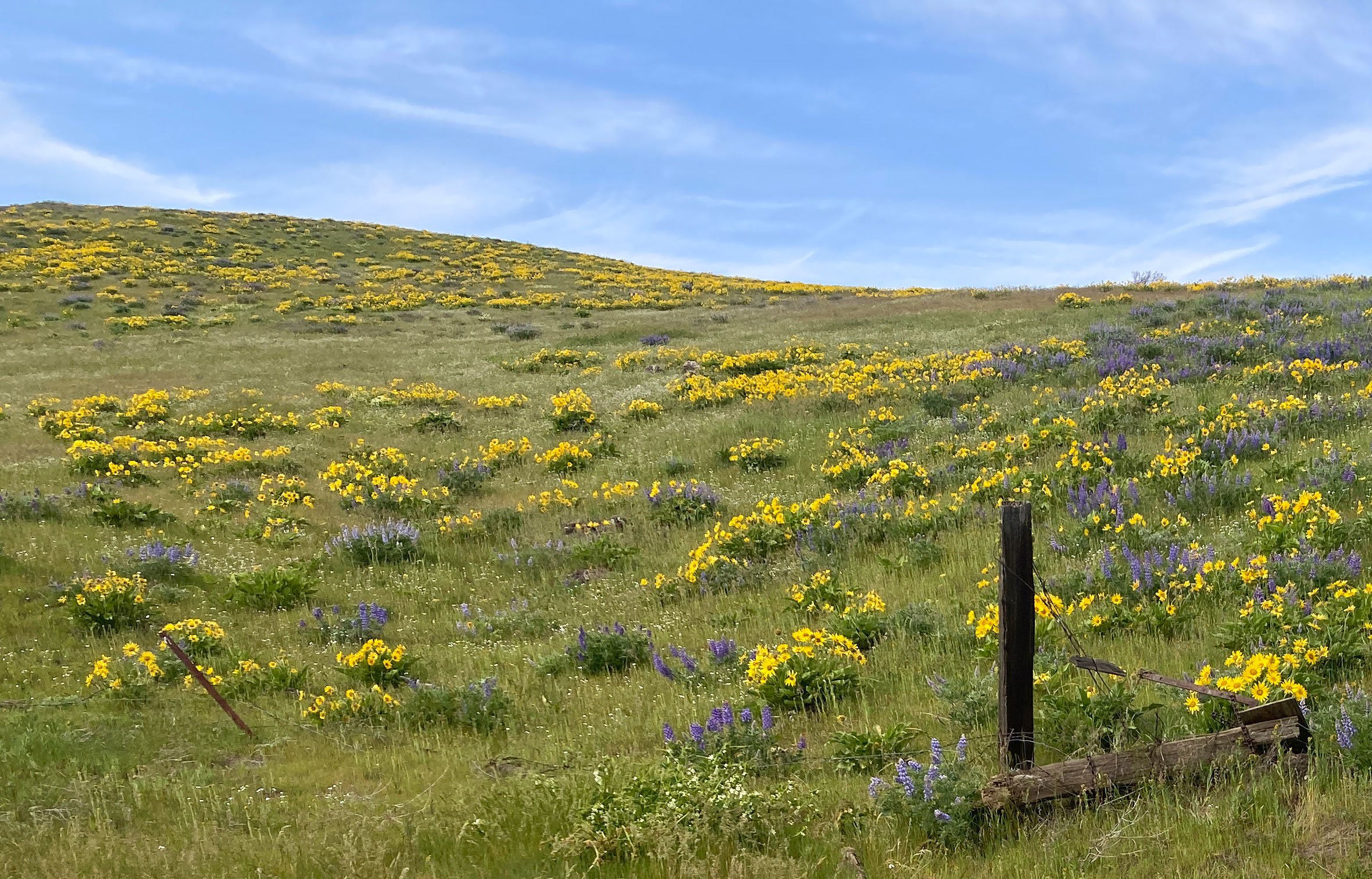It’s postcard season, and I’m ready!
Once, a young friend went to Europe. “Send me a postcard,” I said as she departed. She arrived in the foreign country, purchased a postcard, and had no idea what to do.
Where do I write a message, put the address, place the stamp?
Some kind (and probably older) person taught the young writer the magic of postcard communication. Weeks later I received a colorful card filled with good cheer.
Like the rotary phone, stereo turntable, and film camera, the postcard harkens to early days and simple pleasures. Of slide shows, long strolls, and life without constant contact. And now, briefly, the past is present. Retro culture returns. Bring back the postcard!
To that end, I’m taking part in the annual Poetry Postcard Fest, a self-guided writing project that involves writing and receiving poems on postcards. The festival, launched in 2007, was created as an exercise of “both community and discipline” in which participants commit to writing 31 poems in 56 days, using limited space, and mailing the postcards to other participant poets around the world.
Join the fun! The event begins on July 4. Register here.
Writing a postcard is both challenge and delight. Like my young friend, I work hard to wrangle big ideas into small space. And really, this is an excellent exercise for all writers. Make every word matter. Prune, edit, prune more. Postcards, like poems, shine when they are vivid, concise, and image-heavy.
For the Fest, poets are urged to create first-draft originals by writing spontaneously, with limited (to no) editing. Rather than dazzle with polished poems, the Fest encourages creative stumbles and leaps. “The point is to experiment, stretch my subconscious’ mind-muscles,” explains Kat Bodrie, a longtime participant in the Poetry Postcard Fest. Founder Paul Nelson (with Lana Ayers) says the process is all about “having the guts to write without a net.”
Because I love freewriting, personal mail, and a good nudge, I’m eager to get started. Let’s work the writing muscle:
1. Join the Postcard Poetry Fest.
2. Too much of a commitment? Send me a postcard.
3. Or, let me send you a postcard poem. Send me your address, and I’ll send you a postcard poem.
4. Let the summer writing fun begin!
Need some postcard poem inspiration?
Village
Outdoors, a breeze
makes all the shrubs
look sociable.
White butterflies in a field
are the frayed handkerchiefs of those
who didn’t finish saying good-bye.
— Bert Meyers from Postcards
See also:
Postcard from the Heartbreak Hotel by John Brehm
Postcard by Olena Kalytiak Davis
A Certain Slant of Sunlight by Ted Berrigan
* * *
The world turns on words. Thank you for reading & writing.
• If you know someone who might enjoy this blog — please share.
• If you want to read more — subscribe for free.
• If you are here, reading this now — thank you!







































